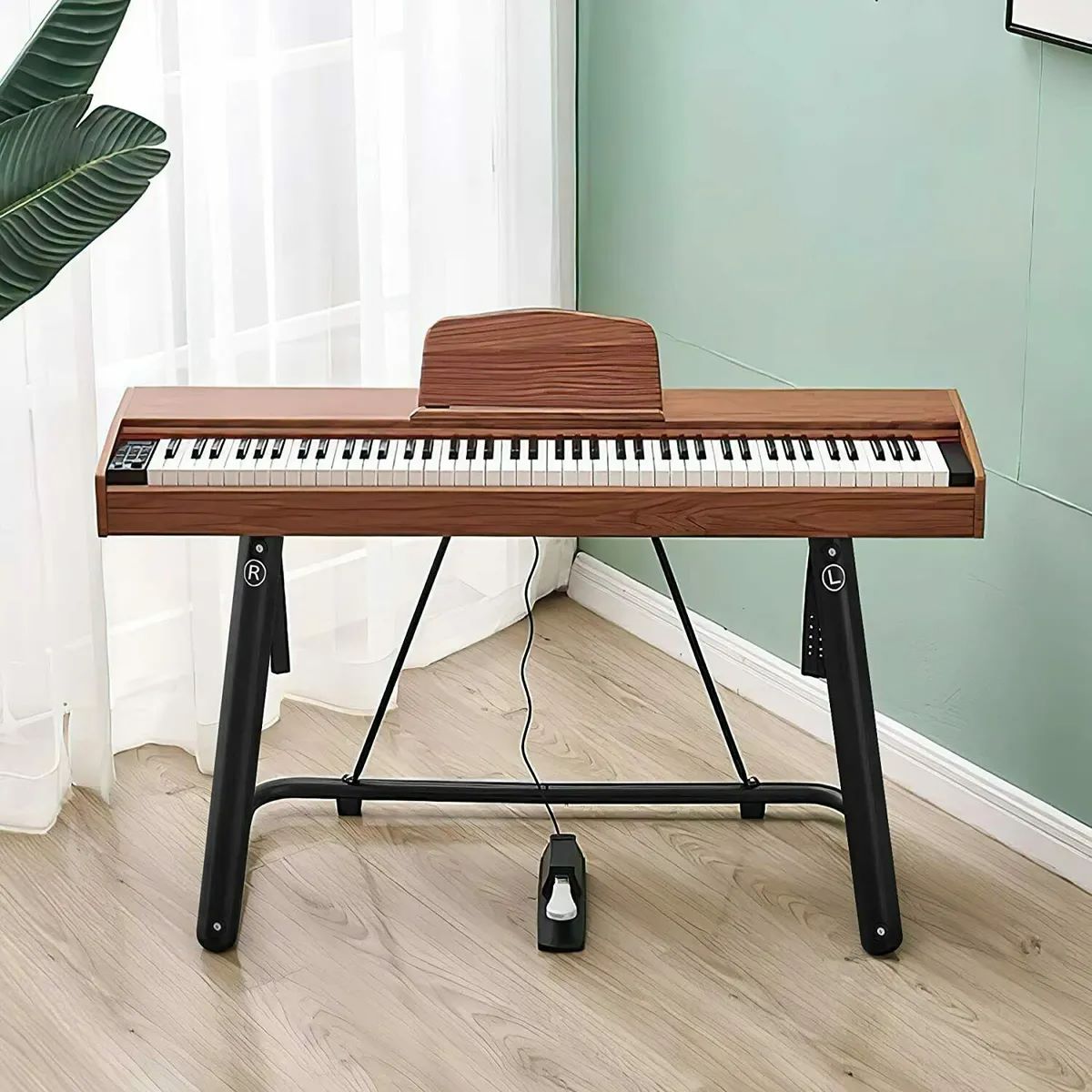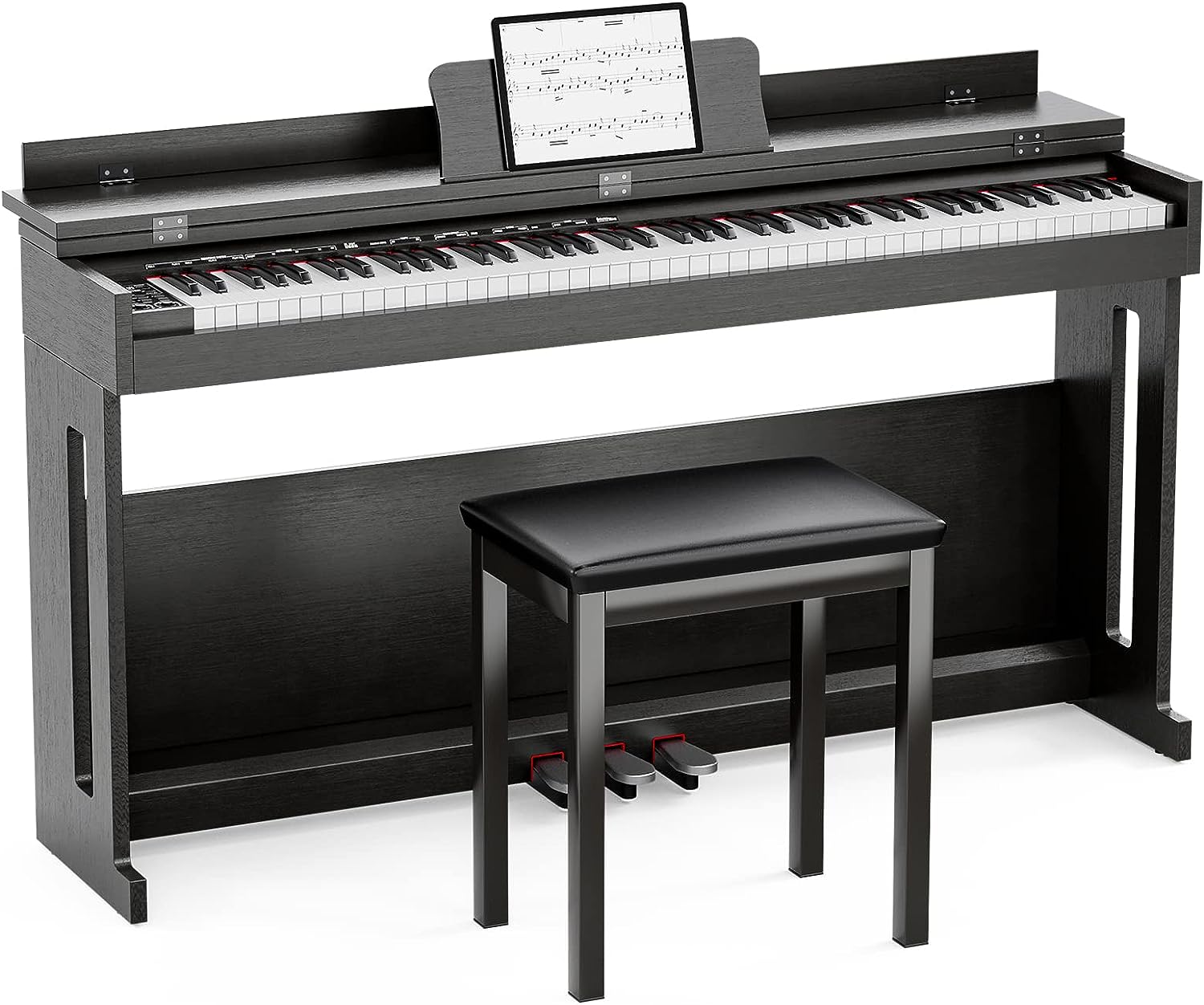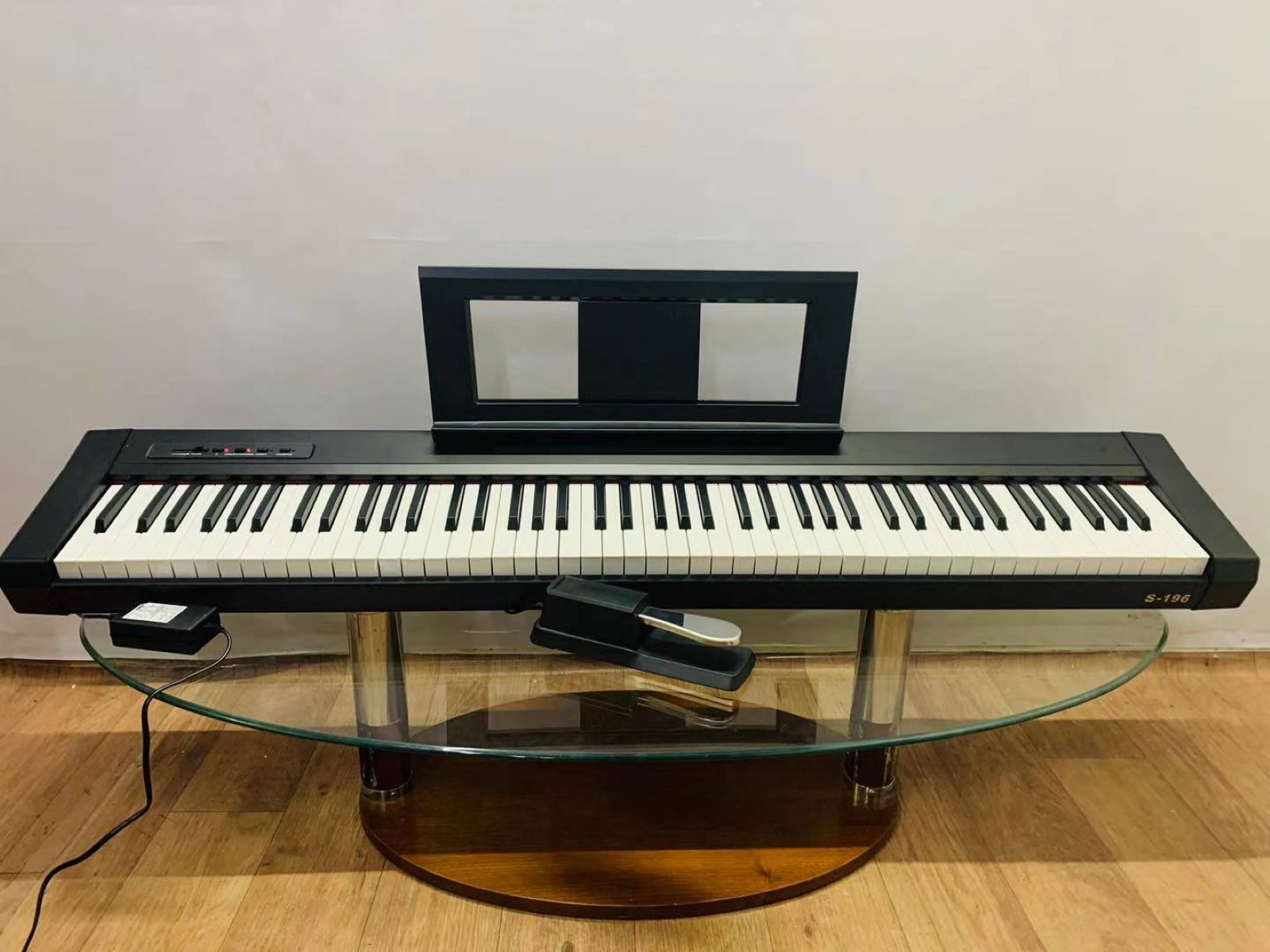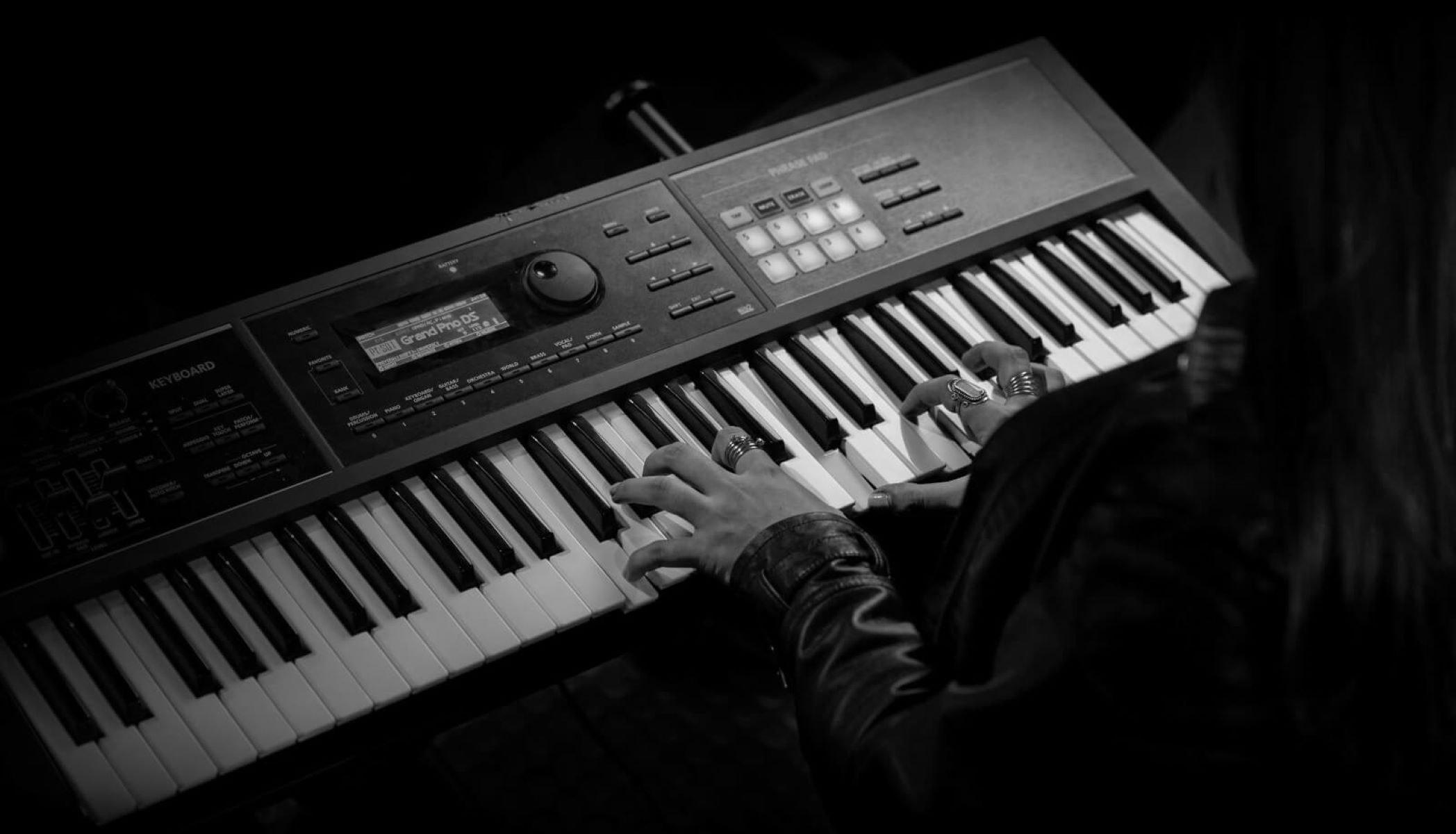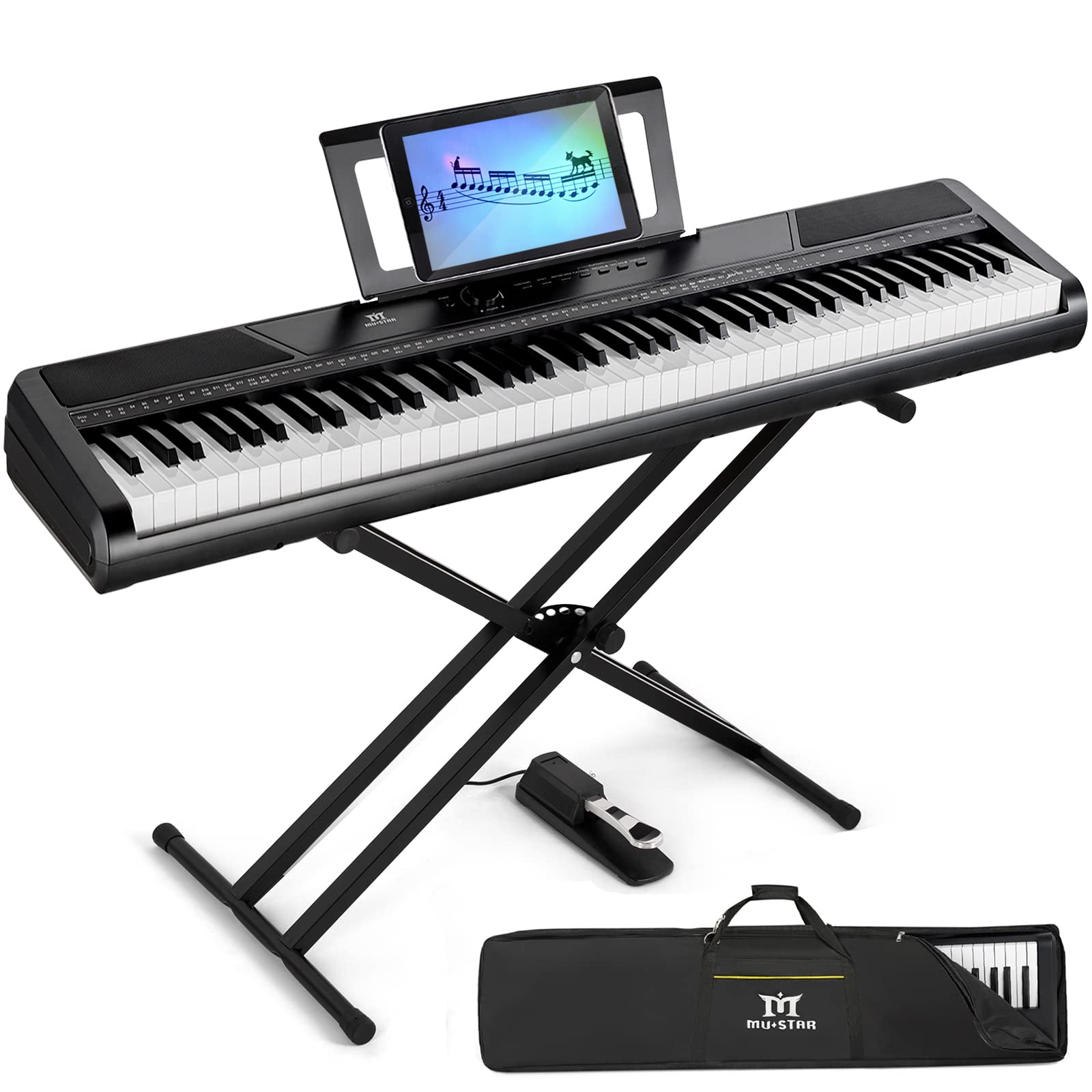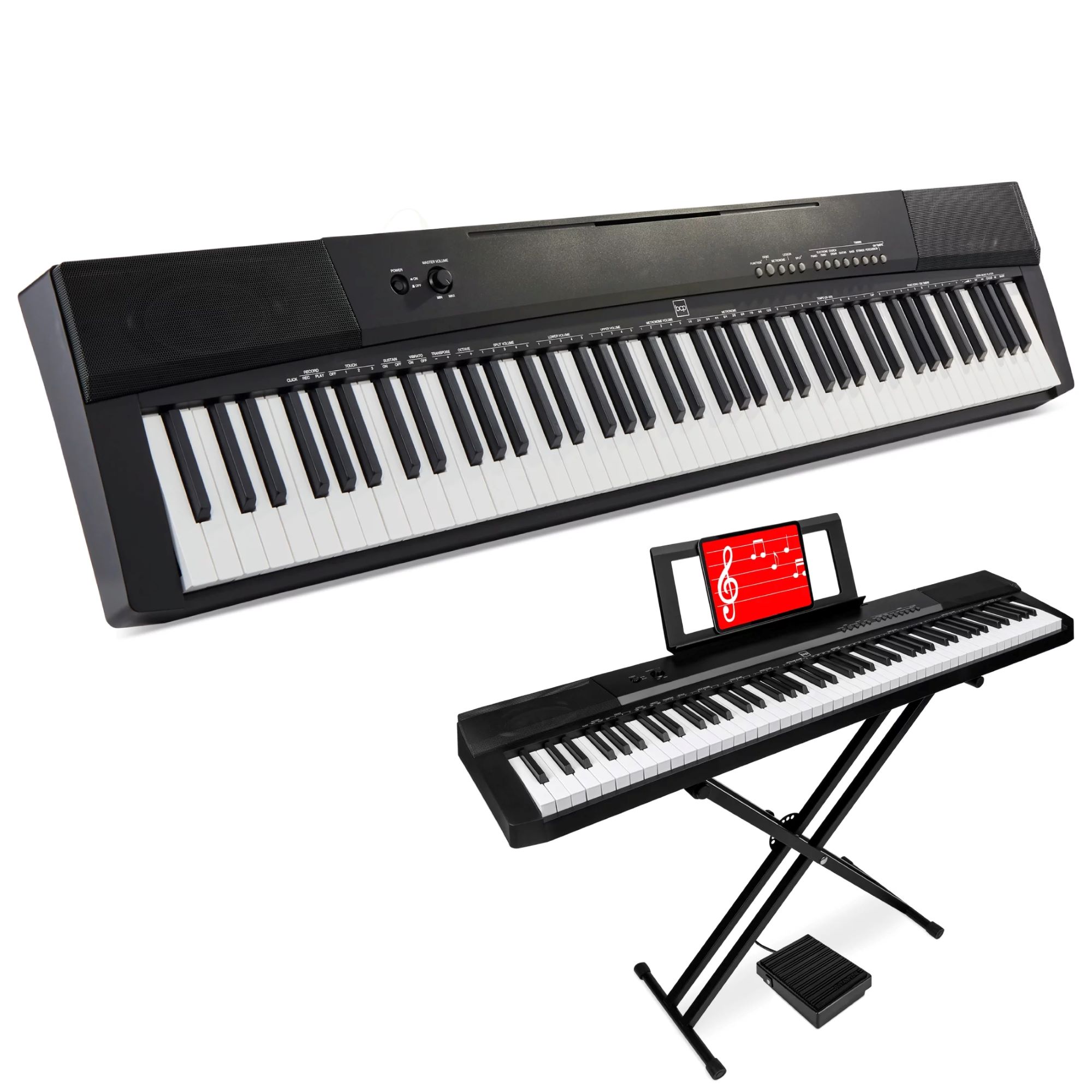Introduction
Introduction
Digital pianos are a popular choice for musicians who desire the sound and feel of a traditional piano in a more compact and versatile package. These instruments offer the convenience of portability, making them suitable for both professional performances and casual practice sessions. One of the key advantages of digital pianos is their ability to operate on batteries, allowing musicians to play without being tethered to a power outlet. However, choosing the right type of batteries for a digital piano is essential for ensuring optimal performance and longevity.
In this article, we will explore the different types of batteries that are suitable for powering a digital piano. Whether you are a seasoned pianist or a beginner exploring the world of music, understanding the various battery options available will help you make an informed decision and ensure that your digital piano remains ready to play whenever inspiration strikes.
We will discuss the benefits and considerations of using rechargeable batteries, alkaline batteries, and lithium batteries. Each type has its own unique characteristics and performance attributes, and by the end of this article, you will have a clear understanding of which option best suits your specific needs. So, let's delve into the world of digital piano batteries and discover the power source that will keep the music flowing.
Rechargeable Batteries
When it comes to powering a digital piano, rechargeable batteries offer a cost-effective and environmentally friendly solution. These batteries are designed to be reused multiple times, making them a sustainable choice for musicians who value efficiency and eco-consciousness. Rechargeable batteries are available in various chemistries, including nickel-metal hydride (NiMH) and lithium-ion, each with its own unique characteristics and performance attributes.
One of the key benefits of rechargeable batteries is their ability to be recharged hundreds, if not thousands, of times, making them a long-term investment for musicians who frequently use their digital pianos. This not only reduces the environmental impact of disposable batteries but also saves money in the long run. Additionally, many rechargeable batteries have a higher voltage output compared to traditional disposable batteries, providing a more consistent power supply for the digital piano.
However, it is important to consider the charging time and the need for a compatible charger when using rechargeable batteries. Some models of digital pianos may have specific requirements for battery voltage and capacity, so it is essential to choose rechargeable batteries that meet these specifications. Furthermore, while rechargeable batteries offer long-term cost savings, they may have a slightly lower initial voltage output compared to alkaline or lithium batteries, which could affect the overall performance of the digital piano.
Overall, rechargeable batteries are a practical and sustainable option for powering a digital piano, especially for musicians who prioritize long-term cost efficiency and environmental responsibility. By selecting high-quality rechargeable batteries and ensuring they are properly charged and maintained, musicians can enjoy the convenience of battery-powered play without the need for frequent battery replacements.
Alkaline Batteries
Alkaline batteries are a popular choice for powering digital pianos due to their widespread availability and reliable performance. These disposable batteries are known for their long shelf life and ability to deliver a consistent voltage output, making them a convenient option for musicians who require a reliable power source for their instruments. Alkaline batteries are available in various sizes, including AA and AAA, providing compatibility with a wide range of digital piano models.
One of the key advantages of alkaline batteries is their ability to maintain a stable voltage output throughout their lifespan, ensuring consistent performance for the digital piano. This reliability is particularly beneficial for musicians who rely on their instruments for performances or practice sessions where uninterrupted power is essential. Additionally, alkaline batteries have a long shelf life, allowing musicians to keep spare batteries on hand for immediate replacement when needed.
However, it is important to note that alkaline batteries are disposable and must be properly disposed of or recycled after use. While they offer reliable performance, the ongoing cost of purchasing disposable batteries may be a consideration for musicians who frequently use their digital pianos. Additionally, alkaline batteries may not be as environmentally friendly as rechargeable options, as they contribute to electronic waste when disposed of improperly.
Despite these considerations, alkaline batteries remain a popular and convenient choice for powering digital pianos, especially for musicians who prioritize reliability and ease of access. By selecting high-quality alkaline batteries from reputable manufacturers and ensuring they are properly stored and used, musicians can enjoy a consistent and dependable power source for their digital pianos.
Lithium Batteries
Lithium batteries are a high-performance power option for digital pianos, offering a combination of long-lasting power and lightweight portability. These batteries are known for their exceptional energy density, providing a reliable and consistent power supply for extended periods, making them an ideal choice for musicians who require a dependable power source for their instruments.
One of the key advantages of lithium batteries is their ability to maintain a stable voltage output throughout their lifespan, ensuring reliable performance for the digital piano. This is particularly beneficial for musicians who demand consistent power for performances or extended practice sessions. Additionally, lithium batteries have a longer shelf life compared to many other battery types, allowing musicians to store spare batteries for future use without concern for degradation.
Furthermore, lithium batteries are lightweight and compact, making them an excellent choice for musicians who prioritize portability. Whether performing on stage or practicing on the go, lithium batteries provide a power solution that complements the mobility of digital pianos. Their high energy density also means that fewer batteries are needed to power the instrument, reducing the overall weight and bulk of the power supply.
However, it is important to note that lithium batteries require proper handling and disposal due to their chemical composition. While they offer exceptional performance, musicians must adhere to guidelines for the safe use and disposal of lithium batteries to mitigate any potential risks. Additionally, lithium batteries may have a higher initial cost compared to other battery types, which could be a consideration for musicians on a budget.
In summary, lithium batteries are a top-tier power solution for digital pianos, offering long-lasting power, lightweight portability, and reliable performance. By selecting high-quality lithium batteries from reputable manufacturers and following proper handling and disposal practices, musicians can enjoy a dependable and efficient power source for their digital pianos, whether for professional performances or casual practice sessions.
Conclusion
Choosing the right batteries for a digital piano is crucial for ensuring consistent and reliable power, whether for performances, practice sessions, or on-the-go musical exploration. Rechargeable batteries, alkaline batteries, and lithium batteries each offer unique advantages and considerations, providing musicians with a range of options to suit their specific needs and preferences.
Rechargeable batteries stand out as a sustainable and cost-effective choice, offering long-term savings and environmental benefits. Their ability to be recharged multiple times makes them an attractive option for musicians who prioritize efficiency and eco-consciousness. However, it is essential to select high-quality rechargeable batteries and ensure they meet the digital piano’s voltage and capacity requirements.
Alkaline batteries, known for their reliable performance and long shelf life, provide a convenient and widely available power source for digital pianos. Their consistent voltage output and compatibility with various digital piano models make them a popular choice for musicians who prioritize reliability and ease of access. While disposable, proper disposal and storage practices can mitigate their environmental impact.
Lithium batteries offer exceptional energy density, delivering long-lasting power and lightweight portability for digital pianos. Their stable voltage output and extended shelf life make them a top-tier choice for musicians who require dependable power for performances and on-the-go musical endeavors. However, proper handling and disposal guidelines must be followed to ensure safe usage.
In conclusion, the selection of batteries for a digital piano should align with the musician’s specific requirements, balancing factors such as long-term cost efficiency, reliability, and portability. By understanding the unique characteristics of rechargeable, alkaline, and lithium batteries, musicians can make informed decisions to power their digital pianos effectively, ensuring that the music never stops playing.










